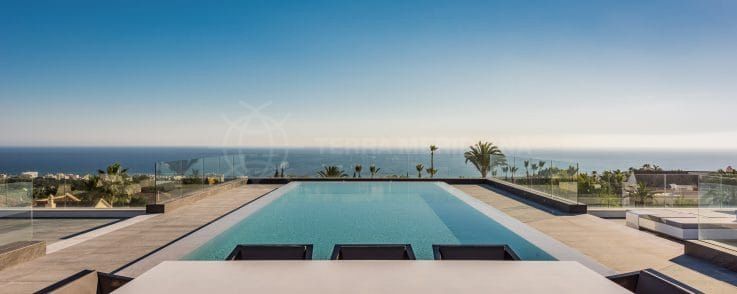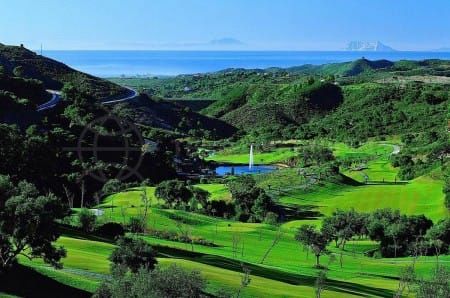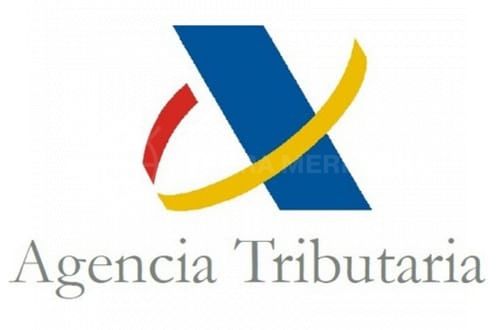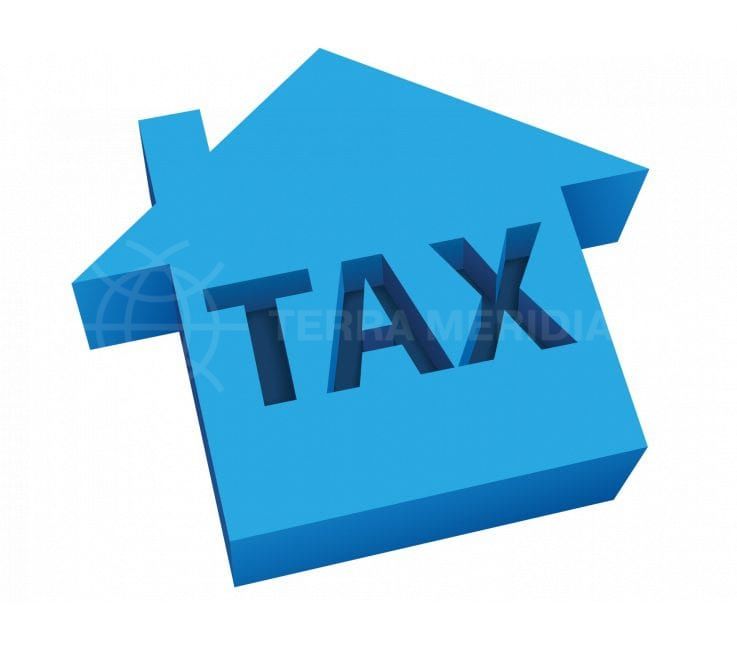
Cost of Ownership
Over the course of the year, depending on the size of your property and where it is located, the costs of ownership in Spain can add up to a significant amount.
These costs can be divided into: taxes and fees, due both to the local Town Council and the Spanish Tax Agency, and running costs, including community fees, utility bills, and insurance.
TAXES
Municipal property tax/rates (Impuesto de Bienes Inmuebles, IBI)
This is levied annually by the local Town Council on every property in Spain, whether the owner is resident or not. It is calculated in accordance with the cadastral/ratable value (determined by the Town Council’s valuation, which is generally lower than market value). The rate varies between 0.4-1.1% of the cadastral value. Parking spaces, if registered on a separate title deed, are also subject to municipal property tax.
Non-resident income tax (Impuesto sobre la Renta de No Residentes, IRNR)
Non-resident owners are liable for ‘imputed’ income tax, even if a property is owned solely for personal use and does not generate rental income. The taxable base is calculated as 2% of the cadastral value (if this value dates from prior to December 31, 1993), or 1.1% (if the value has been revised since January 1, 1994). If the property is rented, the full amount of rental income, minus certain expenses, is considered the taxable base. From January 1, 2015, residents of European Union member states pay a rate of 19%, while residents of other countries pay 24%.
Solidarity Tax
In early 2023, the Spanish government led by PSOE introduced a new tax called the “solidarity tax” as a form of wealth tax, as opposed to income tax or sales. It’s meant to be a temporary tax for the years 2023-24 and will be reviewed before the end of 2024. This tax applies to those who have worldwide assets over €3,000,000. In the case of non-residents who own assets in Spain, the tax will apply to those who have over €3,000,000 in assets within Spain. It will also eliminate past deductions that were included in the Wealth Tax for non-resident property owners. The solidarity tax is a so-called progressive tax calculated based on an individual’s assets, including real estate, financial investments, and other valuable possessions. The tax rate rises from 1.7% to 3.5% for those with assets over €10.65 million.
FEES
Community fees
If your property is part of a community of owners (any private property that forms part of a development where owners share common areas or services), you will be liable for fees to cover shared costs, such as cleaning and lighting of public areas, and maintenance of buildings, gardens, swimming pools and other communal facilities. Fees are calculated in line with the percentage of the community which your property represents, in terms of the built area of your unit compared to the entire community, plus a share of the public areas. Fees are normally paid on a monthly basis, in advance, and are set for the fiscal year at the annual meeting of the community. On occasion, additional fees may be demanded, in cases when extraordinary work is required. As the owner of a property in a community, you, or a representative you choose, has the right to attend all community meetings. Non-payment of community fees may result in you being taken to court by the community to enforce payment and can lead to a forced sale of a property to cover debts, if necessary.
Refuse collection (basura)
Your local Town Council charges a fee for collecting refuse, calculated in accordance with the cadastral value of your property and set by each council for a fiscal year. Refuse collection may be charged together with municipal property tax/rates or may be billed for separately, and is usually charged on an annual basis. If your property is part of a community, the community fee may include refuse collection.
UTILITIES
Energy
As a result of liberalisation of the energy sector, Spain has licensed dozens of companies to resell electricity and gas, and consumers can, in theory, choose freely from whom to contract utilities. In practice, however, not all the companies in the market supply everywhere in the country, so choice may be limited depending on where your property is located. The biggest companies – such as Endesa, Iberdrola, and Gas Natural Fenosa – offer both electricity and gas, and allow customers to combine both forms of energy in one bill, usually at a (small) discount. Smaller, local suppliers – such as Zencer, based in Fuengirola – provide all their power from renewable sources. Outside of large urban areas, mains gas supply is rare. If you do not have a mains connection, butane or propane can be purchased from two suppliers that deliver nationally – CEPSA and Repsol. Your choice of gas will depend on the space you have available to store the bottle or if you have an underground gas tank installed. Some villas and independent properties have gasoil or diesel tanks and dozens of specialist suppliers can deliver any amount of heating fuel to your door.
Water and sewage
Dozens of private and public-sector providers, together with public-and-private partnerships, offer water supply and sewage treatment services in Andalusia. In theory, customers are free to choose a provider, but not all offer services in every location. The two biggest providers – Hidralia and FCC Aqualia – cover all of Andalusia, while smaller, local providers limit their service to certain areas. A full list of providers licensed by the regional government can be found here:
Telecommunications
Spain has liberalised telecoms and a number of operators offer both fixed-line and mobile telephone and ADSL/Internet services nationwide, although some only serve certain regions. Other operators only provide mobile voice and data services, some using proprietary networks and others reselling under their own brands. The big three are Movistar, Vodafone, and Orange, while smaller operators include Jazztel and Ono, the latter using its own fibre-optic networks in certain urban areas. All offer telephone, ADSL/Internet, and mobile services separately or as part of a package. Some packages also include online TV. Certain rural areas and country properties are too remote to have fixed-line connections and mobile coverage may also be limited. Iberbanda, part of the Telefónica group, provides wireless telephone and Internet services, using WIMAX technology.
Satellite/cable TV
Most parts of Andalusia, with the exception of remote rural areas, receive satellite TV signals. A variety of national and overseas providers offer a range of services and packages. Certain urban areas also have cable TV connections. Ask your neighbours or community president if this service is available in your area. Some communities have a default provider for satellite TV connections and it is worth asking your neighbours or community president before contacting a provider for an individual installation. Please contact us for an up-to-date list of recommended providers.
INSURANCE
Once you’ve purchased a property in Spain, we recommend you insure both building and contents adequately. Building insurance provides cover for the property itself, including the structure and fixtures, based on the insurable value (calculated as the cost of rebuilding the property, not including land) in line with standardised tables. The quality of the build affects its value, hence if your property is built with very high-quality materials, you should ensure the insurer is duly informed.
Contents insurance provides cover for everything that is not an integral part of the structure and fixtures of the property, including such items as furniture, electronics, white goods, jewellery, and other personal belongings. Typically, policies include umbrella coverage up to a certain sum, but may have limitations for specific items. If you own objects of value, it may be worth confirming that these will be covered by the policy or paying a supplemental fee to include these. Almost all home insurance policies sold in Spain include some third-party liability coverage for any claims that could result from issues with your property. This may well be less than you are used to if you live abroad, but awards for damages are also generally lower. You should be able to reduce insurance premiums by fitting security measures, such as burglar alarms, window bars or shutters, and reinforced doors. Consult with your insurer whether this is worthwhile.
If you plan to rent out your property, you should ensure your policy covers additional risks. If your property is located in a development, the community may already have insurance to cover the building and third-party claims, but we recommend you always insure your own property individually. Any contribution to community insurance premiums is usually included in the monthly or annual community payment, but often the policy will not provide adequate cover or protect against all potential risks. In general terms, home insurance premiums in Spain are relatively cheap compared to other countries. There are various online comparison sites where you can tailor a quote to suit your particular circumstances, but we can also provide details of reputable insurance brokers who are used to dealing with overseas clients and specialist brokers for high-value properties.










